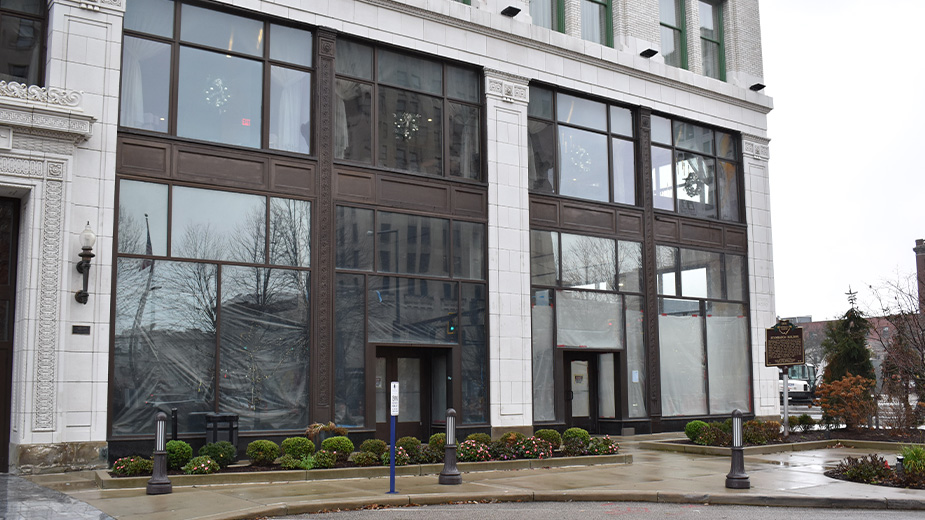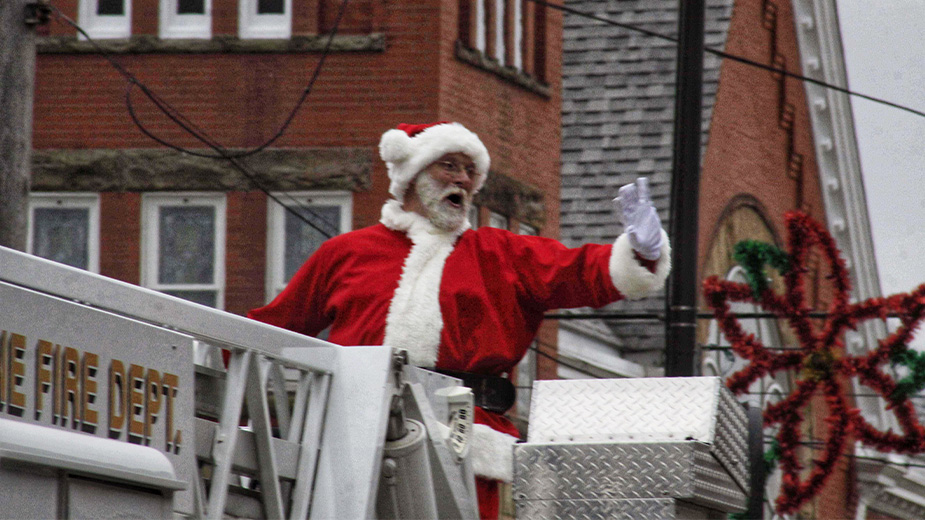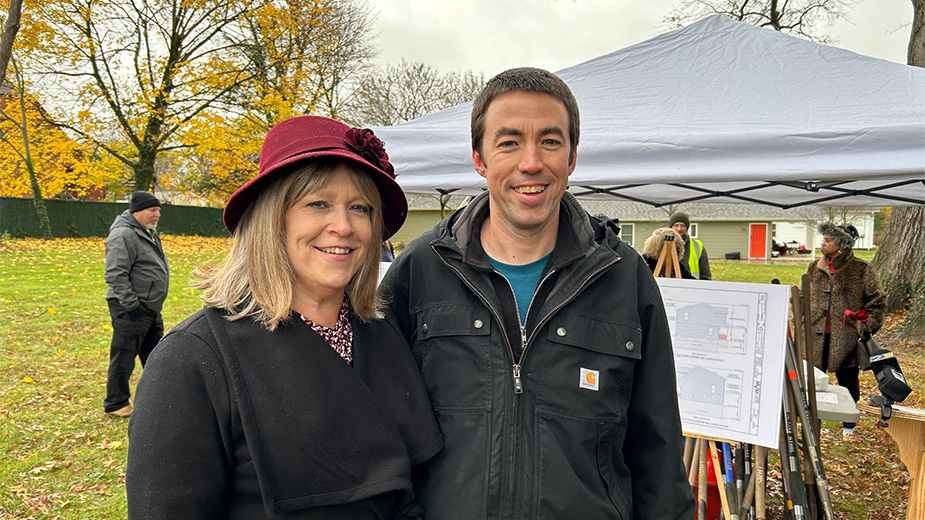Workshop Explores Institutionalized Racism in Community
By Marah Morrison
YOUNGSTOWN, Ohio – Even though they were sitting with people they didn’t know, twin sisters Kasaundra and Kasandra Bankston said they felt comfortable sharing their experiences with the rest of the group.
The members of the group, all ranging in ages, shared their experiences in living with institutionalized racism. The Bankstons, juniors at Cardinal Mooney High School, said they’ve experienced racism in their lives and the feeling of not being heard. But during the group discussion — one of three breakout sessions during Monday’s 37th Annual Community Workshop — they spoke openly about their experiences.
The event, hosted at First Presbyterian Church on Wick Avenue downtown, was held in conjunction with Martin Luther King Jr. Day and was sponsored by the Martin Luther King Jr. Planning Committee of the Mahoning Valley. King’s legacy and the workshop taught Kasandra Bankston and her sister to be comfortable speaking out about what they’re feeling to make a change, she said.
“I really like that I can speak to someone,” Bankston said. “King let people know there’s still hope in the world, that we can still chase after our dreams. No matter how ridiculous they might be, every dream can be fulfilled.”
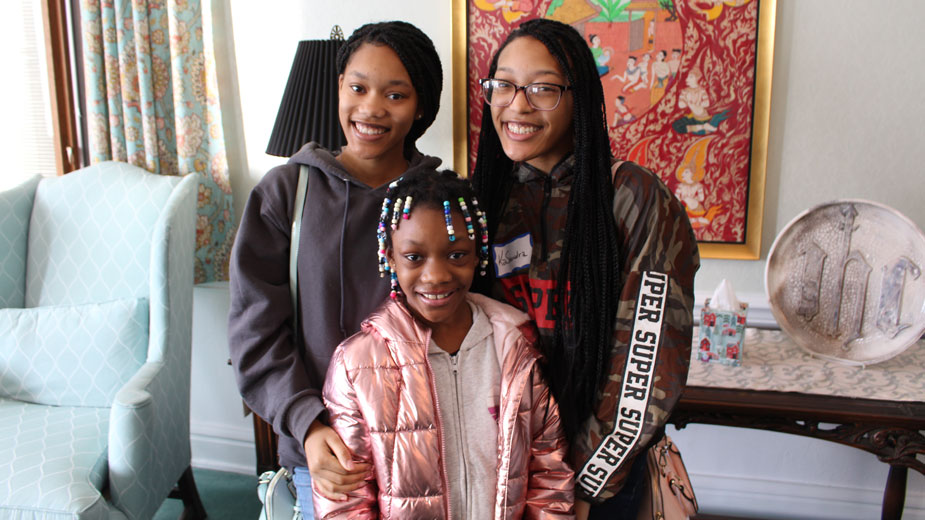
Along with highlighting the life and legacy of King, the event focused on institutionalized racism in the community and the workforce. A panel discussion, along with the three breakout sessions, explored the concept in depth.
Panelists were Judge John Durkin, Mahoning County Court of Common Pleas, Ben McGee, a local, retired educator and Bryant Youngblood, assistant director for the Academy for Urban Scholars. In relation to institutionalized racism, Durkin focused on criminal justice and fighting the opioid crisis, while McGee and Youngblood focused on education and working with youth to empower them to be leaders.
“Words matter,” Durkin said during the panel discussion. “The words we use to describe someone suffering from substance use disorder have an impact. They contribute to stigma, they create barriers to accessing treatment, they destroy a person’s dignity and they affect outcomes, including overdose.”
To alleviate the stigma words can bring, people must refrain from using the words addiction, relapse and “testing dirty,” Durkin said. In addition, educating judges, prosecutors and defense attorneys on treatment and alternatives to jail and prison will help families in the community, he said.
“A person doesn’t relapse, they return to use. They didn’t test dirty, the test was positive,” he said. “And let’s stop getting mad or blaming someone if they use again.”
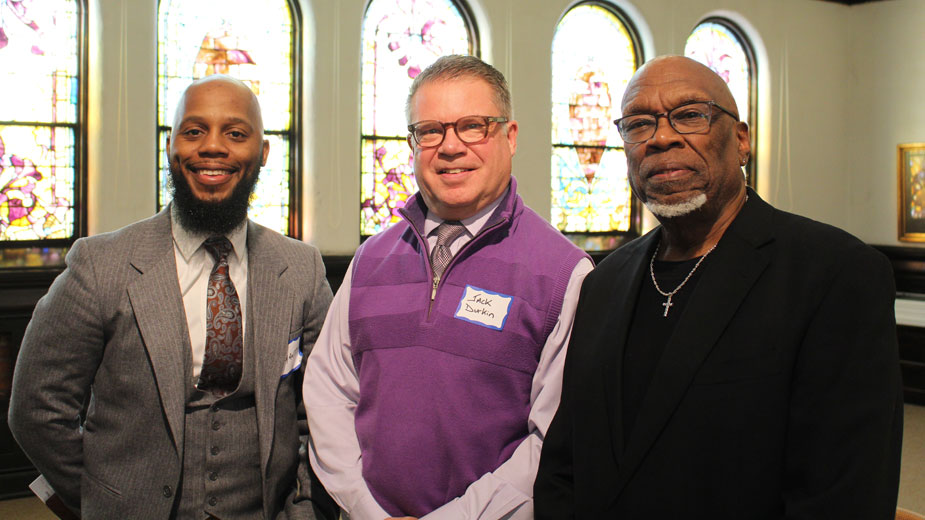
More than 80 people attended the workshop, thus showing their willingness to be involved, whether it’s in their own lives, speaking up when they see an injustice or working collaboratively with others, said Penny Wells, co-convener for the Martin Luther King Jr. Planning Committee of Mahoning County.
“People are beginning to work in this community to make a difference,” she said. “I think there’s real action taking place as a result of what’s happened at this workshop.”
It’s essential to follow up on committee initiatives, particularly in education and social injustice, McGee said. People should take more time to learn about what institutionalized racism is, what it looks like and how it festers, he said.
“If you say the word ‘racism,’ people sometimes start running for the corners,” McGee said. “But the important thing is to be willing to actually engage in discussion about that concept and how it plays itself out in society.”
As a former Youngstown educator, McGee started off with “all children will learn,” which is what he described as a cliche phrase.
“That’s a hokey phrase unless you say all children can learn if we create conditions under which it will happen,” he said. “I’m not going to be pressing you today for a long-term commitment, but I am going to press you for a commitment. There isn’t anybody in this room who can’t add some value to education in this community.”
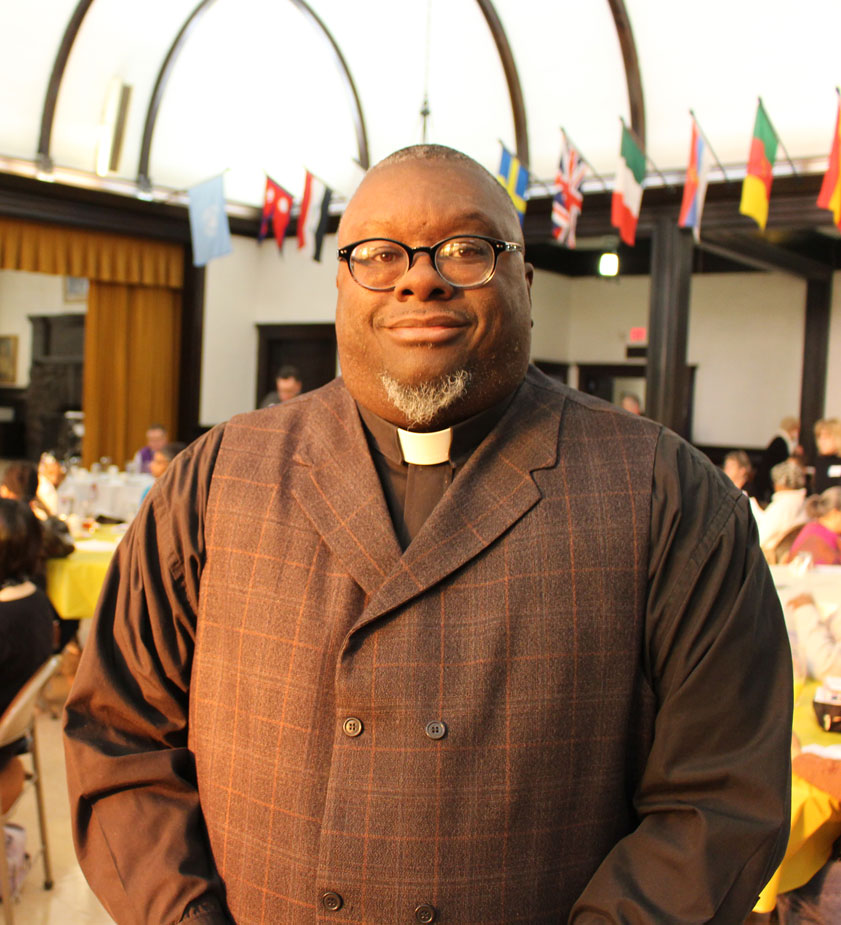
When it comes to impacting social change in the community, there is no age limit, Youngblood said. The three years he’s been at the Academy for Urban Scholars, Youngblood has noticed that if people want to see change within a younger person, they need to be shown love and support, he said.
“It amazes me how much we get from our students, how much they can trust on us based on the love we have for them” Youngblood said.
As long as people believe in the vision, the hope and the ideals of King, he is still making a presence in people today, said the Rev. Dr. Lewis Macklin II, pastor of Holy Trinity Missionary Baptist Church and a member of the planning committee. It’s important for people to understand that Martin Luther King Jr. Day is more than just a day off and that it’s “really a day on,” he said.
“The dream does not go away,” Macklin said. “Racism behooves us to make sure we have the type of engagement we’re having today.”
Copyright 2024 The Business Journal, Youngstown, Ohio.
